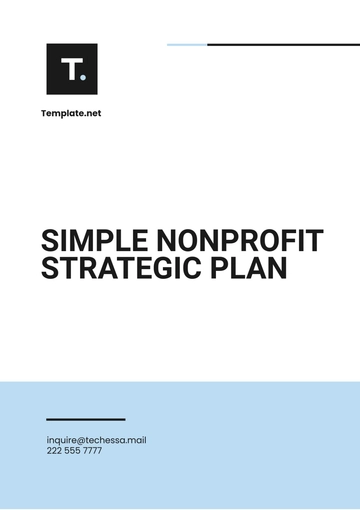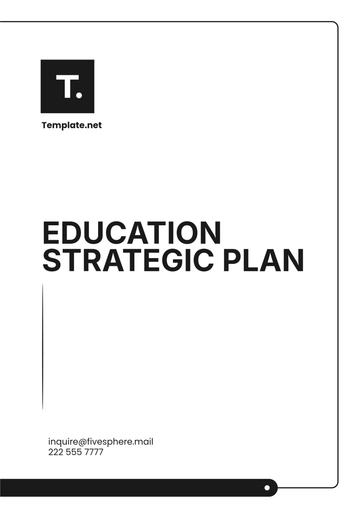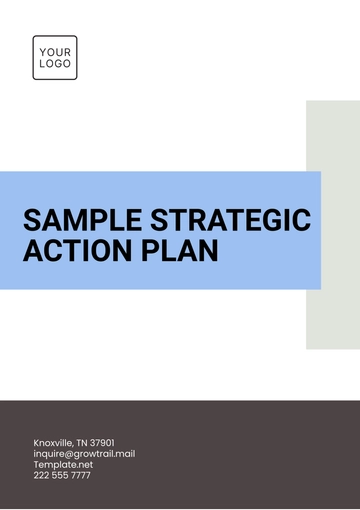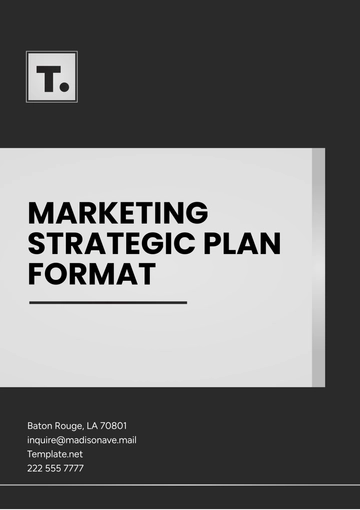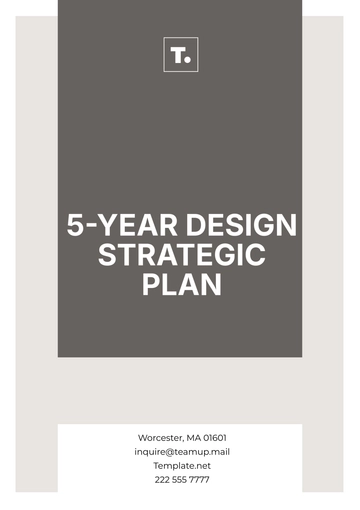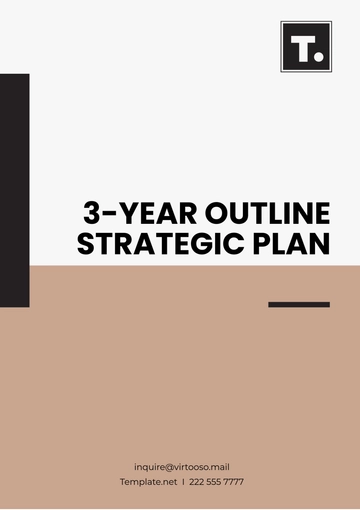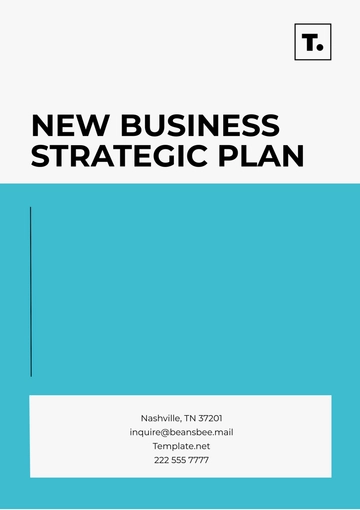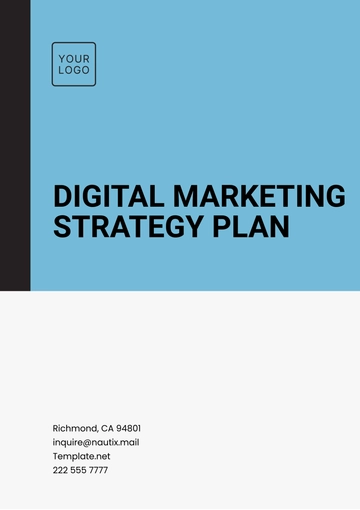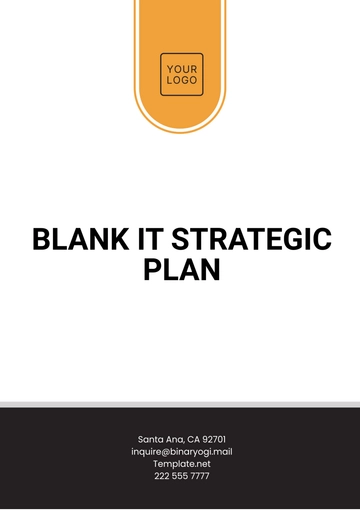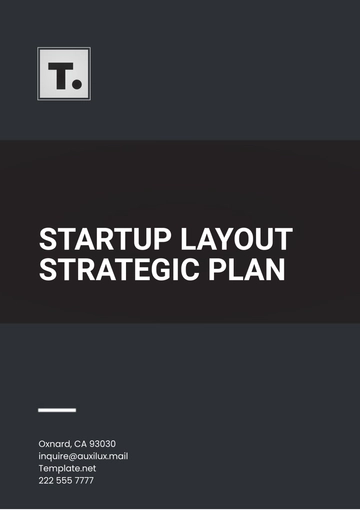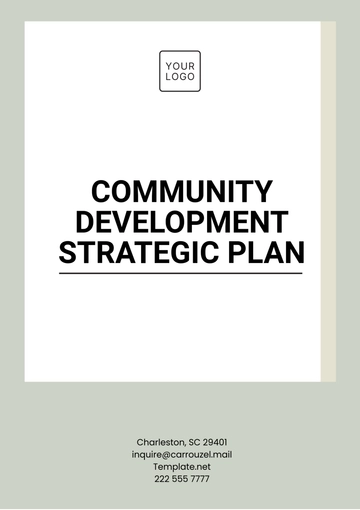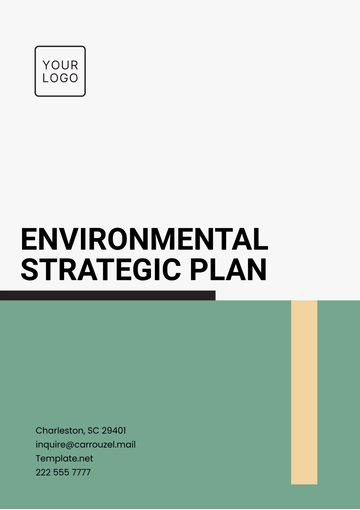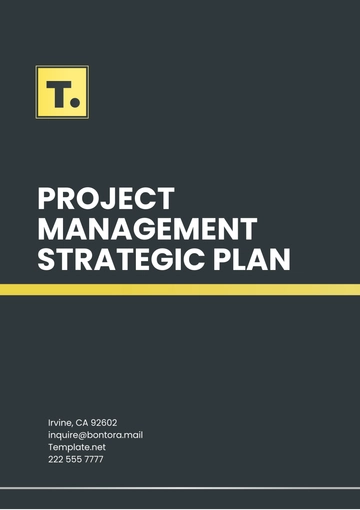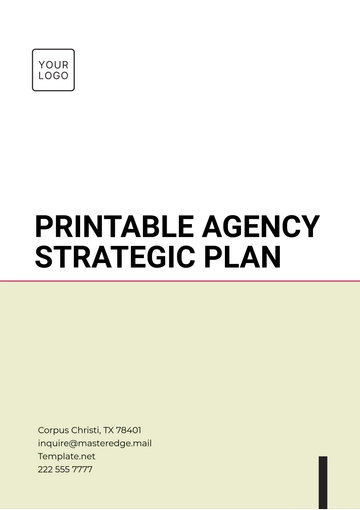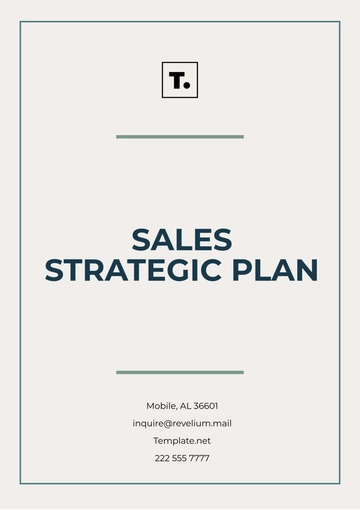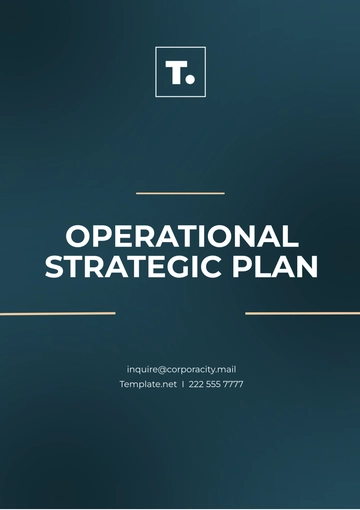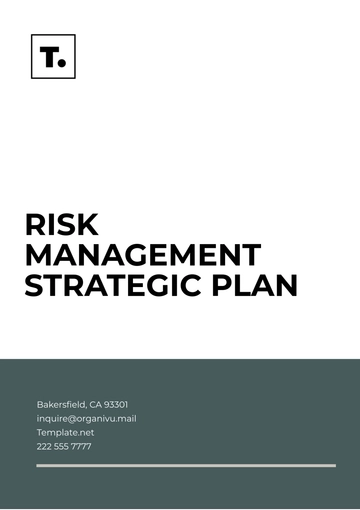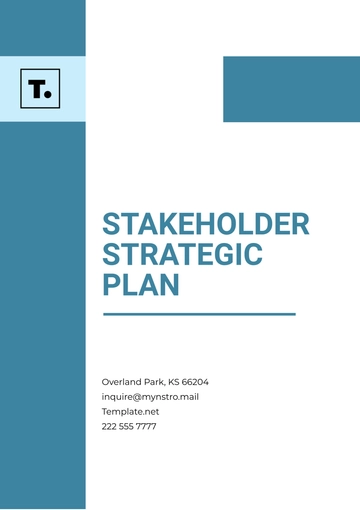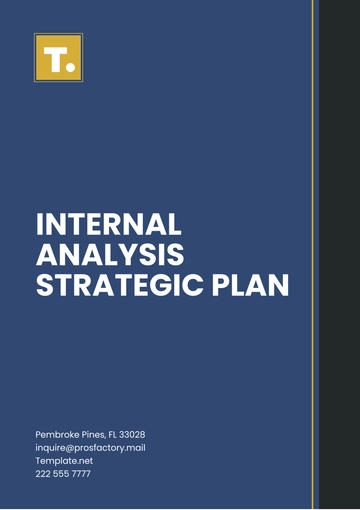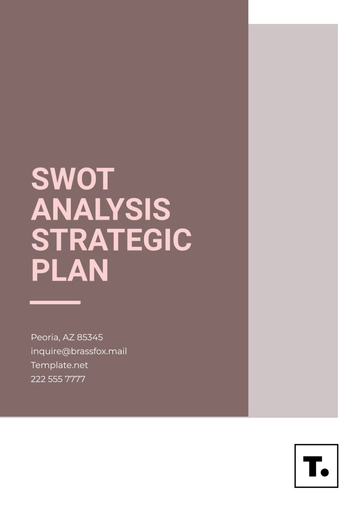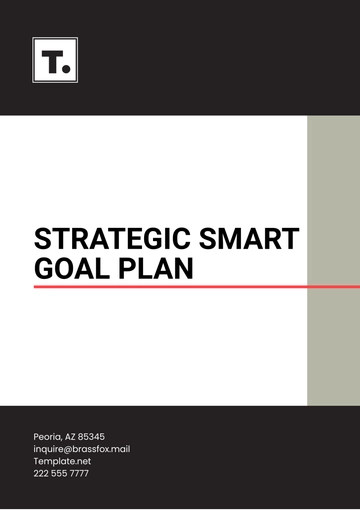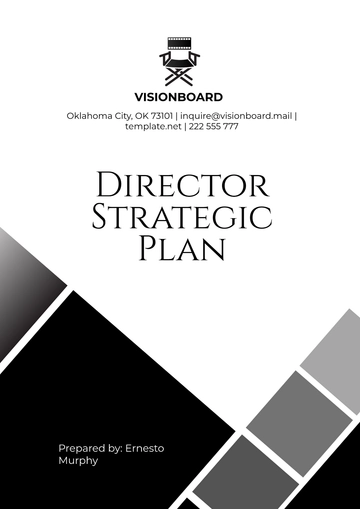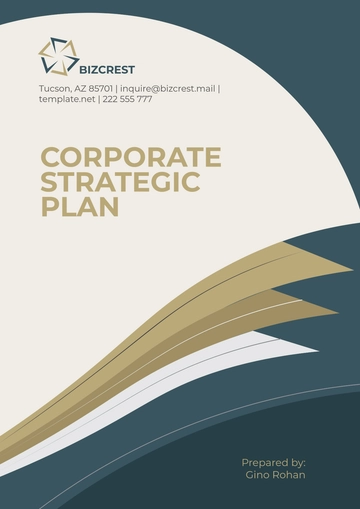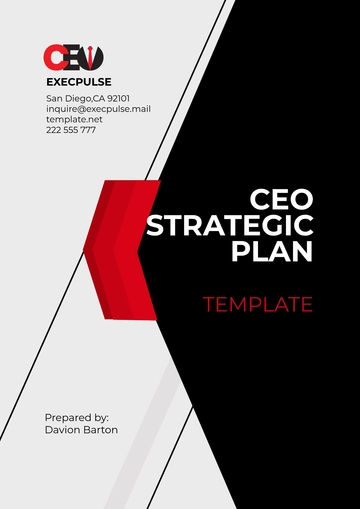Free Aesthetic Annual Strategic Plan

Prepared by: [YOUR NAME]
I. Executive Summary
Overview: Summarize the purpose of this strategic plan, emphasizing the importance of this year’s goals and initiatives.
Strategic Focus: Outline the key areas of focus for the year, such as growth, innovation, customer engagement, or operational efficiency.
Highlights: Briefly mention any major shifts, new opportunities, or challenges that shape this year’s direction.
II. Mission and Vision Statements
Mission Statement: Present a clear, concise statement of the company’s purpose, addressing the “why” behind its existence and values.
Vision Statement: Describe the long-term vision, capturing what the company aspires to achieve in the future. This could include becoming a market leader, expanding services, or creating a lasting impact.
III. Key Goals and Objectives
Goal 1: Define the first overarching goal (e.g., increase market share by 10%).
Objective 1.1: Break down the specific, measurable steps required to achieve this goal.
Objective 1.2: Additional actions supporting the main goal.
Goal 2: Define the second main goal (e.g., launch a new product line).
Objective 2.1: Key action steps for this goal.
Objective 2.2: Additional actions to ensure success.
Goal 3: Outline a third primary goal, if applicable, with supporting objectives.
IV. Strategic Initiatives
Initiative 1: Describe the first major project or initiative that aligns with one of the key goals.
Description: Brief explanation of the initiative.
Stakeholders: Identify departments or individuals responsible.
Expected Outcome: State the intended impact on the company.
Initiative 2: Detail another significant project or strategic action.
Description, Stakeholders, and Expected Outcome as above.
Initiative 3: Outline any additional initiatives that will help reach the year’s goals.
V. Resource Allocation
Budget Overview: Provide a summary of the total budget allocated to each strategic initiative.
Human Resources: List the teams, departments, or roles needed for successful execution.
Technology and Tools: Mention any new software, hardware, or systems required.
Partnerships: Identify external partners or resources that will support the initiatives.
VI. Timeline
Q1: Outline key milestones, start dates, and deadlines for the first quarter.
Q2: Describe critical activities and expected achievements for the second quarter.
Q3: Continue with planned actions and anticipated outcomes for the third quarter.
Q4: Conclude with end-of-year objectives and wrap-up of all major initiatives.
Milestone Highlights: Include visual markers for significant dates and deliverables.
VII. Evaluation Metrics
Key Performance Indicators (KPIs): Define the primary metrics for measuring success. For example:
Financial Metrics: Revenue growth, profit margins, ROI.
Customer Metrics: Customer satisfaction scores, and retention rates.
Operational Metrics: Efficiency rates, cycle times.
Employee Metrics: Engagement levels, productivity.
Tracking Schedule: Set regular intervals for monitoring progress, such as monthly or quarterly reviews.
Review Process: Outline who is responsible for evaluating outcomes, making adjustments, and reporting to stakeholders.
- 100% Customizable, free editor
- Access 1 Million+ Templates, photo’s & graphics
- Download or share as a template
- Click and replace photos, graphics, text, backgrounds
- Resize, crop, AI write & more
- Access advanced editor
Transform your planning process with our Aesthetic Annual Strategic Plan Template from Template.net. This customizable and editable template combines style with functionality, making your strategic goals visually appealing and easy to manage. Fully editable in our AI Editor Tool, you can personalize each section to fit your organization's unique needs. Start crafting your beautiful and effective annual strategy today.

